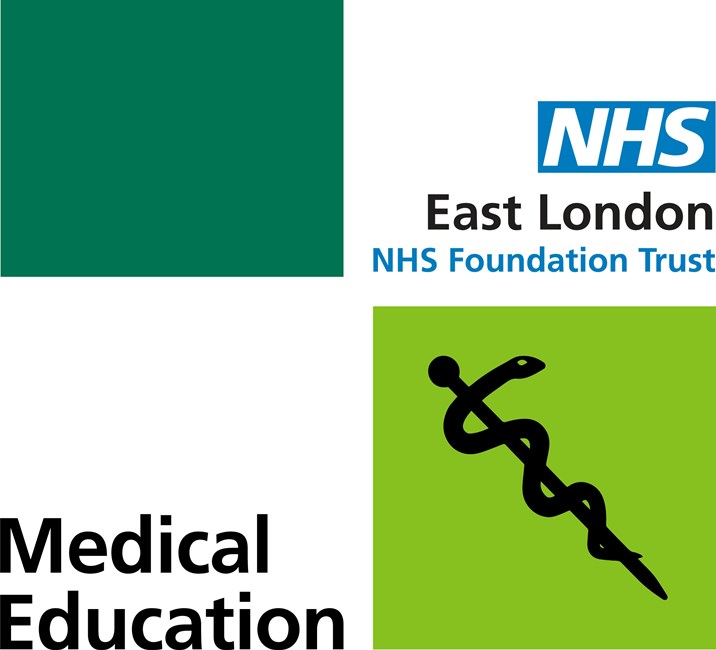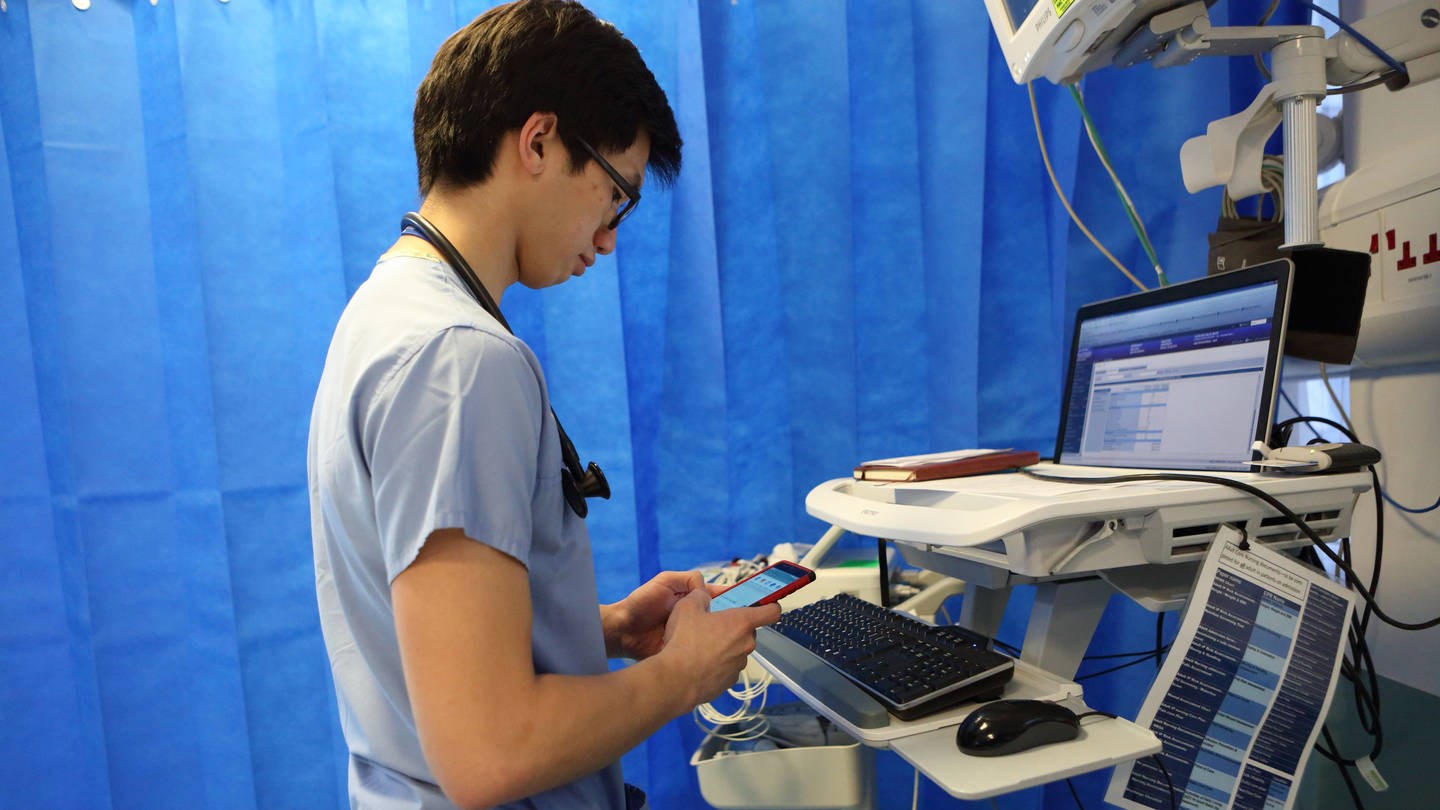The 2016 Junior Doctor contract stipulates a Guardian of Safe Working Hours at each trust, a role independent of the management structure of the trust, with a primary aim to represent and resolve issues related to working hours for the junior doctors employed by it. I see the role as much more than a statutory safeguard, and rather as one part of the overall jigsaw of patient safety that links the quality and safety of training for doctors with the safety and well-being of our patients.
In 2018, the GMC annual survey of doctors in training found ‘nearly a quarter of doctors in training felt burnt out because of their work. Almost a third of trainees said that they are often or always exhausted at the thought of another shift’. Across the UK, 48.83% report they work beyond their rostered hours. In psychiatric training, 48% of trainees reported working over their rostered hours at least monthly. The GMC quite rightly links the quality of training experience, including access to rotas before starting a placement, rota gaps, working over rostered hours, heavy workload, and missed training opportunities, with recruitment, retention, burnout, and threats to patient safety. We have, as doctors, been used to absorbing the pressure from increasing intensity of work, but have an opportunity now to work with the safeguards we have to highlight the impact on our lives and those of our patients.
As Guardian of Safe Working Hours I am responsible for monitoring exception reporting by trainees of breaches in agreed work schedules, whether this is working over hours, covering more than one bleep, or missing education sessions. I am able to liaise with supervisors to agree time off in lieu or additional payments. I can fine the trust if there are major breaches and am tasked with using funds to improve training. I work with HR, medical education, and with doctors in training through a Junior Doctors Forum, used to highlight any concerns, and I am asked to report to the trust board regularly on exception reporting and on vacancies on rotas and use of locum doctors to cover shifts. I liaise with other guardians across London and with the BMA to compare our trust's performance with that of others. Exception reporting is seen at ELFT as an indicator of a healthy workforce, prepared to use the safeguards available. All of this is aimed at improving the individual working lives of doctors in training, and the overall health of the organisation by highlighting areas for improvement.
Exception reporting is one part of an overall picture of a safety culture at ELFT that includes regular clinical and educational supervision, peer support, teaching, use of junior seniors meetings, use of trainee representatives, use of Datix, use of Junior Doctor Forum, involvement in quality improvement, robust channels of communication with clinical directors, learning lessons from serious incidents, awareness of HR polices, provision of independent support for psychiatrists, and awareness of freedom to speak up. Working with medical education and senior management, the role is just one of the ways we can support doctors in training, with a view to providing an outstanding training experience at ELFT.
Justyna Sierpatowska
Consultant Psychiatrist and Guardian of Safe Working Hours

